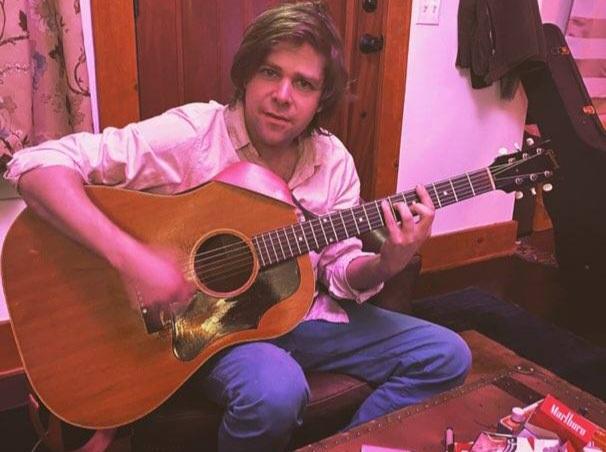For over 20 years, Ariel Rosenberg, also known by his stage name Ariel Pink, has been embraced in the independent music industry as an enigmatic, imaginative musician who thinks for himself and makes his own way.
But when it was discovered that Rosenberg had been at the rally outside of the White House on Jan. 6, 2021, where former President Donald Trump spoke, preceding what legacy media outlets portrayed as an “insurrection,” Rosenberg—who is pro-Trump—was swiftly banished from his global artist community, dropped from his record label, and exiled because of his own personal worldview.





